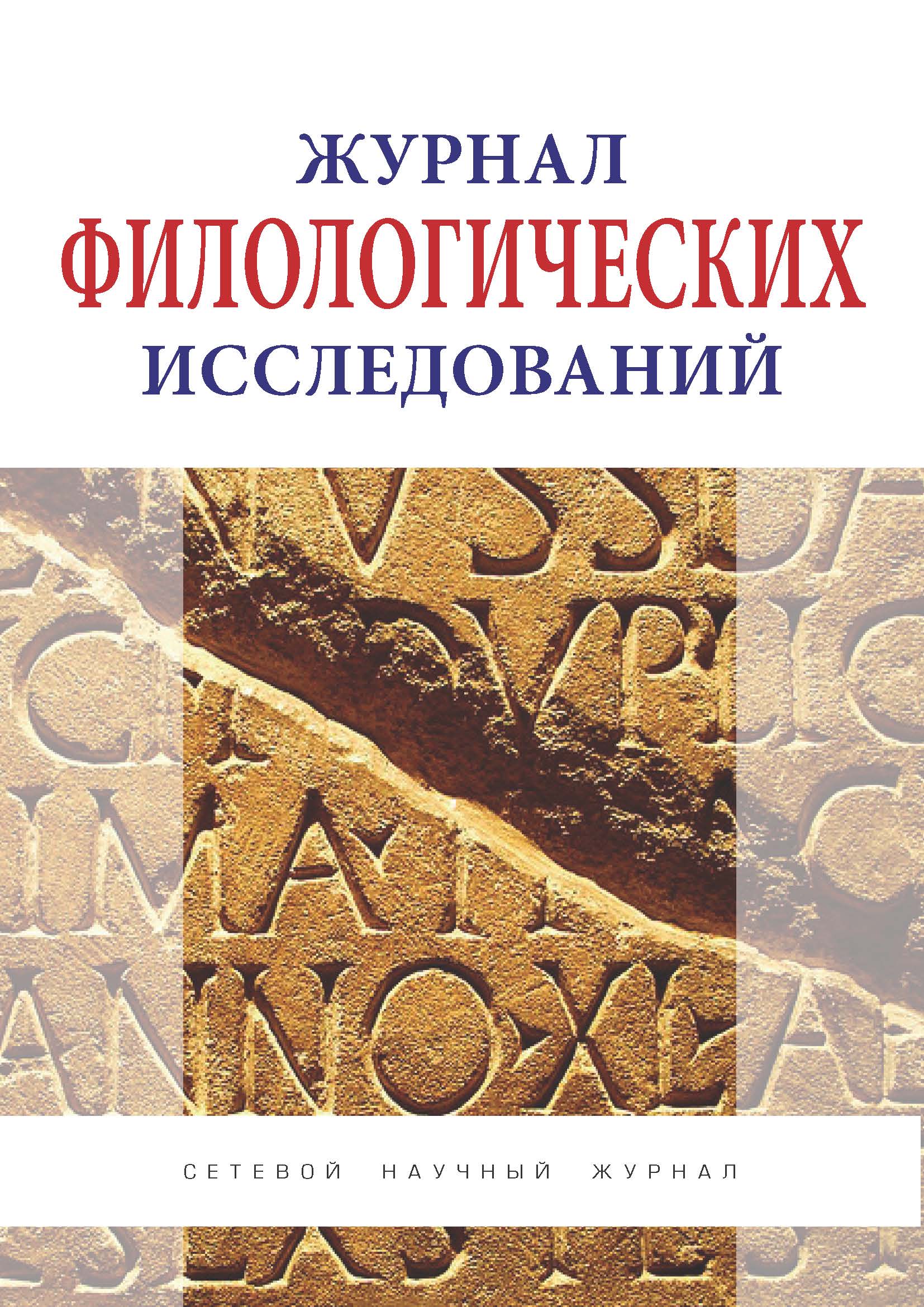St.Petersburg, St. Petersburg, Russian Federation
UDC 81
Materials from the mass media currently have a strong influence on society: due to the ideological function of the media, they participate in shaping people's opinions, influence them. This is facilitated by the use of a journalistic style of speech, which has two functions: journalistic and, directly, influencing. This style of speech is used in many mass media: on television, in newspapers and magazines, on radio and in Internet publications. With the passage of time and the development of these means, the journalistic language was modified, combined with other styles. At the moment, the use of colloquial style vocabulary is inherent in most journalistic texts. This is because the authors of the materials and the editors-in-chief of the publications strive to make the materials more understandable and interesting for readers. In addition, colloquial vocabulary helps to update the text, which will later allow you to identify it within a certain time interval. Thus, colloquial style words play an important role in modern Russian. This, in turn, opens up opportunities for a deeper study of its influence on the perception of a journalistic text.
colloquial speech; mass media; journalistic texts; conversational style; influencing function
1. Bally Charles. French stylistics [Text] / Translated from the French by K. A. Dolinin; Edited by E. G. Etkind ; Intro. article by R. A. Budagov. - Moscow : Publishing House of Foreign Lit., 1961. - 394 p.
2. Galperin I.R. Stylistics of the English language. Moscow: Higher School, 1977, 313 p.
3. Grigorieva, O. N. Journalistic style in the system of functional varieties of language / O. N. Grigorieva // The language of mass media as an object of interdisciplinary research / ed. by M. N. Volodina. M., 2003. pp. 167-180.
4. Devkin V. D. The specifics of the dictionary of colloquial vocabulary // Russian Russian-German dictionary of colloquial vocabulary - Moscow: Russkiy yazyk, 1994. - 768 p.
5. Diyachok M.T. The Russian vernacular as a sociolinguistic phenomenon. / M.T. Diyachok - M.: Issue 21, 2003 - pp. 102-113
6. Russians Russian colloquial speech: monograph. / E.A. Zemskaya - M.: Nauka, 1973 - pp. 26-27.
7. Ozhegov, S. I. Dictionary of the Russian language: Approx. 53,000 words / edited by prof. L. I. Skvortsov. - 24th ed., ispr.. - M.: Onyx, the World and Education, 2007.
8. Ozhegov, S. I. On the vernacular (on the question of the language of the city) [Text] / S. I. Ozhegov // Questions of linguistics. - 2000. - N 5. - pp. 93-110
9. Rosenthal D. E. Practical stylistics of the Russian language: textbook. / D. E. Rosenthal. - M.: Higher School, 1977 - pp. 49-57.
10. Snegirev F. M. On the question of the definition of the concept of "slang" // Young scientist. 2018. No. 9 (195). pp. 199-201.
11. Chepkina E.V. Russian journalistic discourse: text-generating practices and codes (1995-2000). Yekaterinburg, 2001. pp. 231-232.






